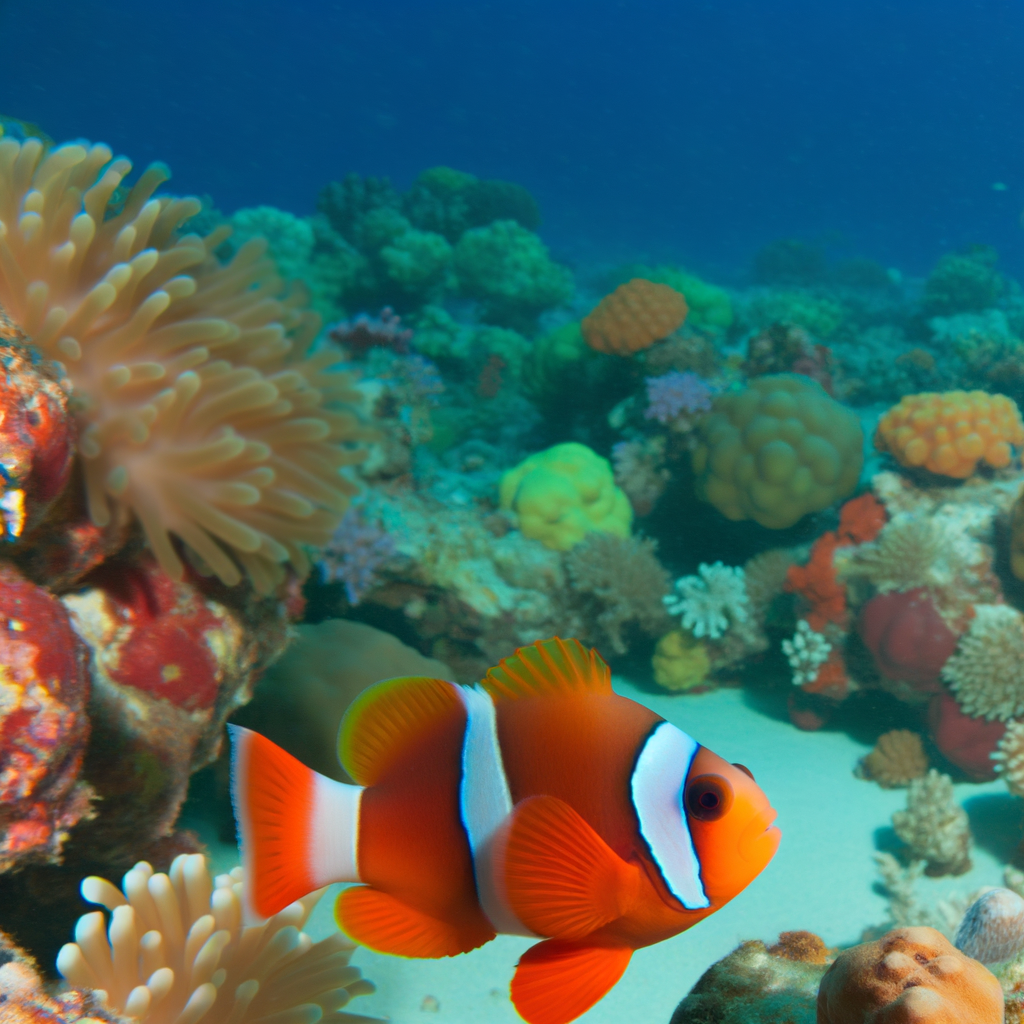Shrinking Clownfish Reveal Climate Change Impact on Marine Life
Guest Contributor
Climate change is not only warming our oceans but also affecting the size and survival of marine species such as clownfish. Recent research highlights a concerning trend where clownfish are shrinking in size, a direct consequence of rising sea temperatures and altered reef environments.
Scientists conducted a comprehensive study tracking clownfish populations over several years. They observed that as water temperatures increased, clownfish exhibited reduced growth rates, resulting in smaller adult sizes. This shrinkage poses significant risks to their reproductive success and overall survival.
The study explains that smaller clownfish produce fewer offspring, which could lead to population declines. Additionally, their diminished size makes them more vulnerable to predators and less competitive for resources within their coral reef habitats.
This phenomenon underscores the broader impact of climate change on coral reef ecosystems. Coral bleaching events, caused by warming waters, degrade the habitats clownfish depend on, further exacerbating their challenges. The intricate relationship between clownfish and anemones is also at risk, threatening biodiversity within these marine environments.
Researchers emphasize the importance of mitigating climate change to preserve marine life. Protecting coral reefs and reducing greenhouse gas emissions are crucial steps to ensure the survival of species like the clownfish.
Understanding these changes helps raise awareness about the urgency of environmental conservation. The clownfish serves as a compelling indicator of ocean health and the cascading effects of climate change on marine biodiversity.
To learn more about this study and its implications, Read more at CNN.

